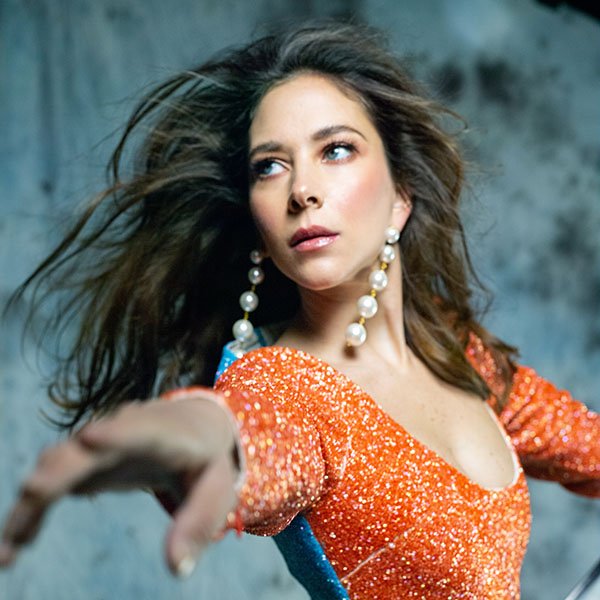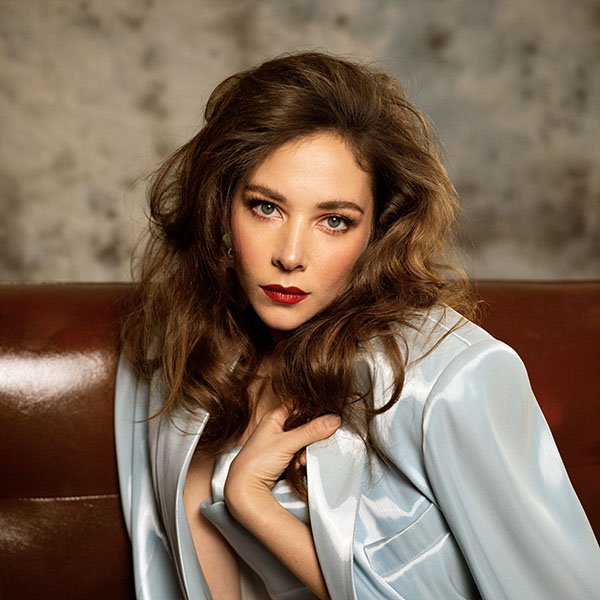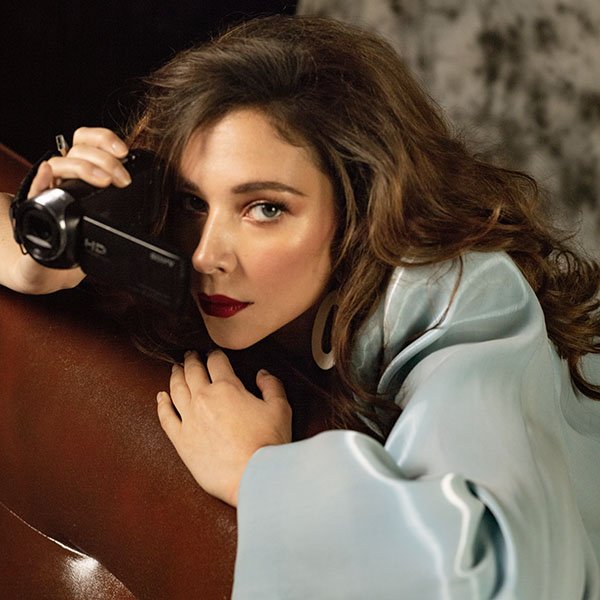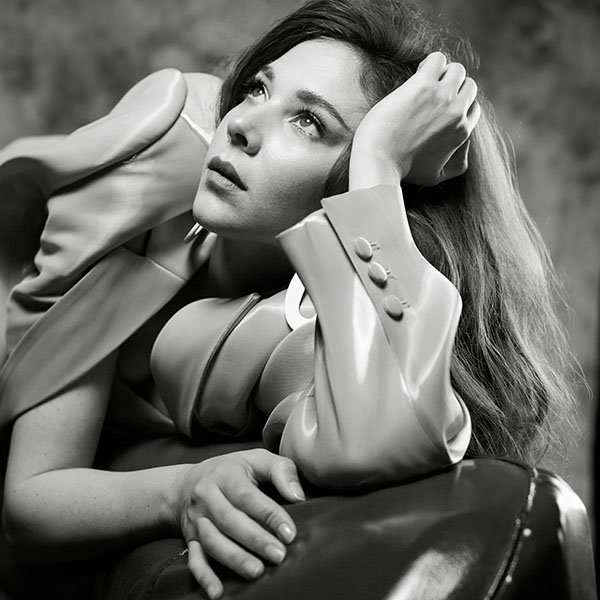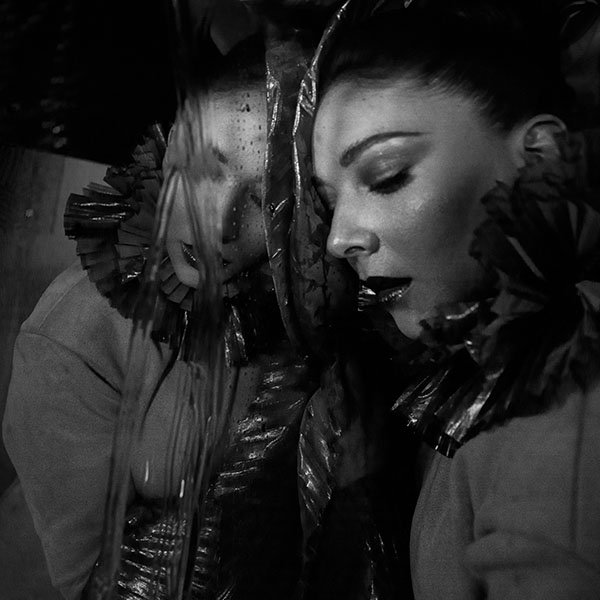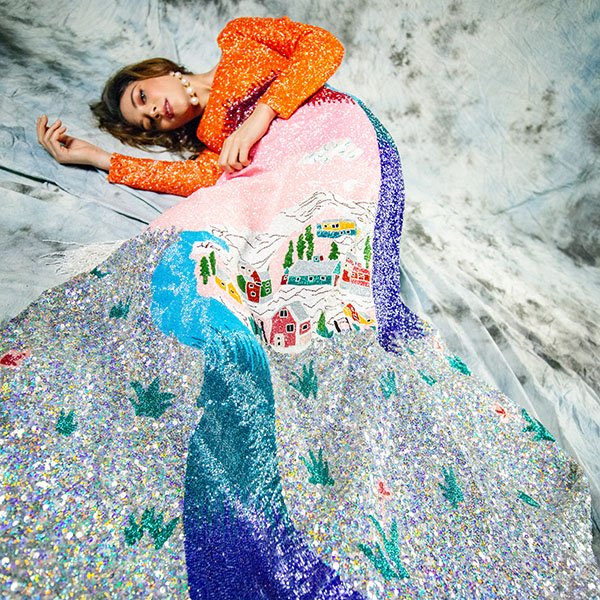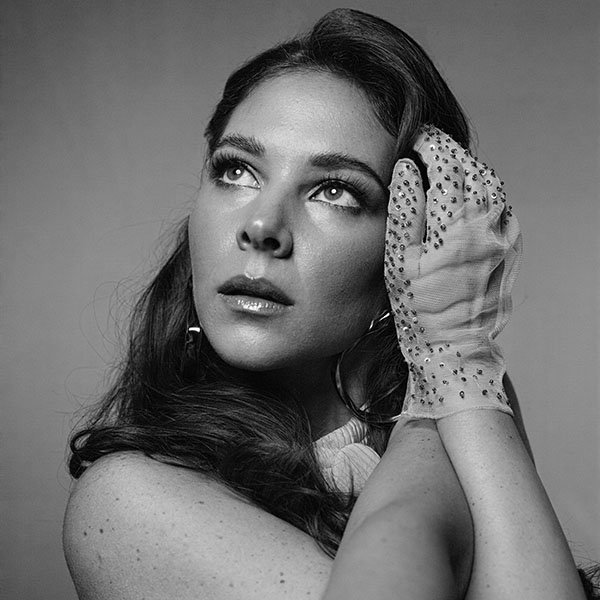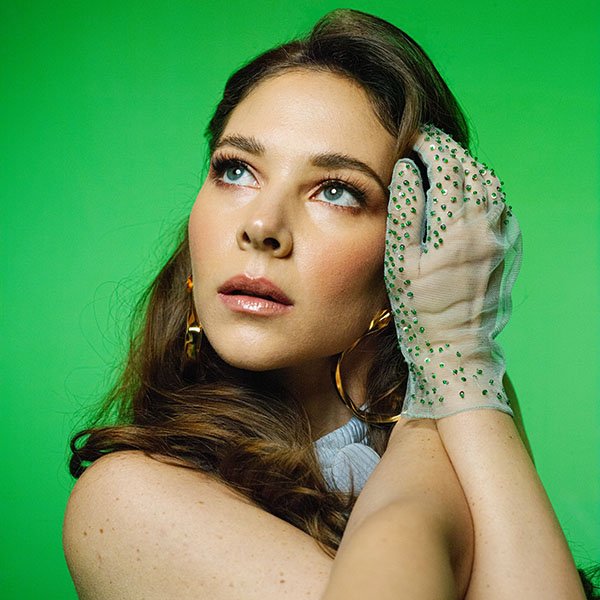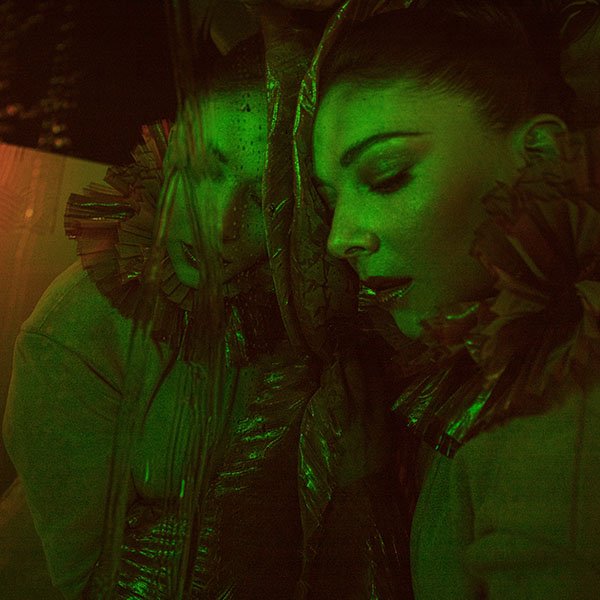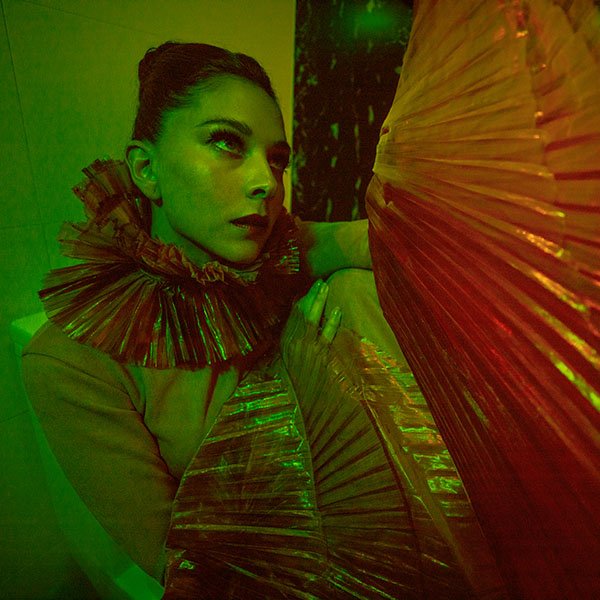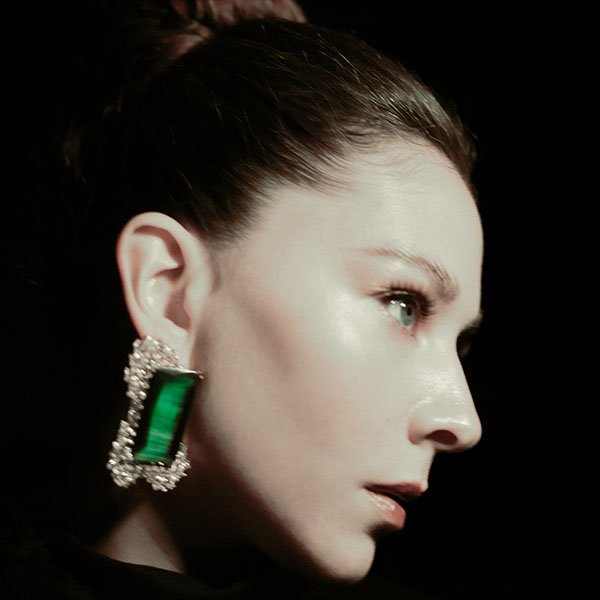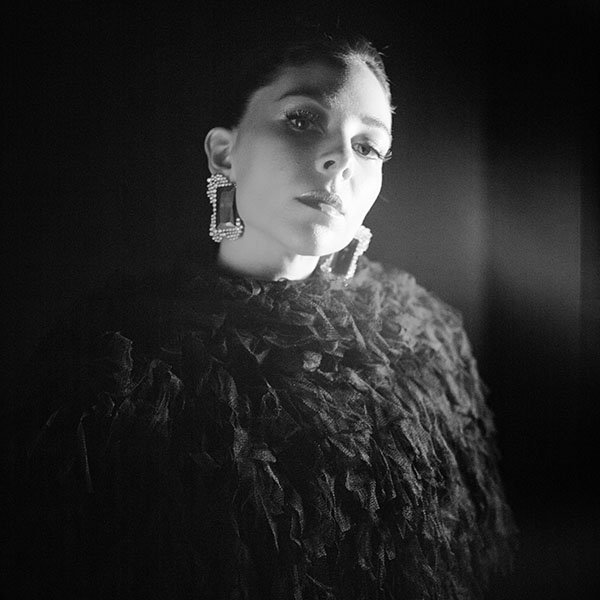Fatima Albanawi: “I am already a politician. Just unpaid.”
There’s nothing she doesn’t want to learn, digest, reinvent, then share. There’s no human story she doesn’t want to tell. There’s nothing she embraces that doesn’t turn into gold. Fatima Albanawi definitely has the Midas touch.
Born in Jeddah with the arrival of the Third Millennium on January 1st 2000, the internationally acclaimed storyteller, actress, director, writer and performing artist describes herself as a “multi-hyphenate creative”, always busy “unearthing personal, social, and universal meanings through art”.
Albanawi received a Master’s in Theological Studies from Harvard University while focusing her scholarly writings and research on Women’s Representation and Arab Identity in both film and literature. She founded her work-in-progress story telling project called “The Other Story Project” in 2015, collecting almost 5,000 real-life stories from strangers. Using their lives and tales, she later directed the short film “A Blink of an Eye” and wrote her first book. Meanwhile, she has traveled both locally and internationally to tell human stories, and in 2018, she was selected as a Next Generation Leader by Time magazine.
In 2016, Albanawi made her film debut in the award-winning Saudi feature film, “Barakah Meets Barakah”. Thanks to the role, she was internationally recognized and cleared the way for Saudi Arabian cinema. The film was selected as the Saudi Arabian entry for the Best Foreign Language Film at the 89th Academy Awards. Barakah Meets Barakah premiered at the Forum section of the 66th Berlinale, making it the first Saudi feature film to premiere at the festival. In 2020, Albanawi appeared in the Egyptian web series “Paranormal”, released in November on Netflix, when it became Netflix’s first original Egyptian series. The same year, she made her maiden film screenplay through the film “Basma”, and she wrote and directed her first short film “Until We See Light”.
And here, she answers Pulse’s questions.
Psychology. Theology. Painting. Cinema. Theater. Writing. Sociology and social research. Gender studies. Storytelling. You describe yourself as a multi-hyphenate creative, but really, who is Fatima Albanawi? What dream have you been pursuing since you began to understand the world in general, and Saudi Arabia in particular? What are you building?
You may notice that everything you mentioned above either involves humans or their stories. For me, it is integral to understand the story, to be able to understand the human, and it is equally integral to understand the story, to be able to understand the human. Whether I begin from story or from human, it doesn’t matter. I ultimately care to understand to be able to develop, and no, I am no psychologist.
You dig everywhere; you drive in all directions, without a seatbelt, freer than any eagle, with an unquenchable thirst to learn, then to transmit and to share. Where does that come from, what was the trigger, how did you understand that you are, and always will be, a smuggler of culture, of arts, of beauty, and of tolerance?
I have a child’s imagination that I don’t let go of. But I do wear a seatbelt by the way; especially in the wildest decisions I have taken.
Hell is other people” (“L’enfer c’est les autres”), according to French philosopher Jean-Paul Sartre. But for you, it seems quite the opposite: Others are a gold mine, the perfect material for creating and telling stories through your project “The Other Story” and through its series of live performances, such as: “A Blink of an Eye”, “Amours Saoudiennes”, “On the Seat Next to You”… How do you explain and describe your hyper-empathy, your need to meet strangers and listen to them?
Empathy, conflict resolution, and living life with an awareness that we are, after all, only here temporarily are all elements that led me to create a platform that sheds light primarily on our shared humanity. What is most interesting about storytelling is that scientists have found that during the process of storytelling, not only are the language parts in the brain stimulated, but all parts in the brain relevant to the experience being told are equally so.
Moreover, this immediate coordination between word and meaning is not only found active in the brain of the storyteller alone, but is also found active in the brains of the audience. This harmonious synchrony is what I aspire to accomplish through my work. Then perhaps, as communities, we can reach a deeper level of connection, and as humans, we can appreciate a greater degree of our shared humanity.
Why do you seem to prefer cinema and theatre to other forms of art?
Because aren’t most humans concerned with leaving a legacy behind them after they leave? This is a rich one, I must say; it involves all three: mind, body, and soul. And because, if I may ask: what would you be doing this evening? Watching a film in a movie theatre, on your TV, on your iPad, or on your phone? Exactly. Anyways, make sure you’re supporting local as you do so.
How hard is it for you to relentlessly build bridges between the Arab and the Western worlds, to never stop trying to bring cultures together, to teach tolerance and acceptance? And how would you describe the MENA region if you could only use three words?
Three words: The Middle East.
Also, building bridges is not hard, it’s systematic and it has its ways. Sustaining these bridges is hard, though. Studying Psychology and Theological Studies with a focus on women, gender, and Islamic studies at Harvard University made me realize that I actually don’t wish to tolerate you, I wish to co-exist with you. Tolerance is a last resort, you’ll realize that, since the beginning of time; it often happens when one has tried all ways to co-exist and has failed. Let’s not jump straight to tolerance, then. Let’s try liking each other first.
What are two or three points on which we must work in the Middle East so that women can become stronger, more independent so that they have as much a chance of realizing their dreams as their husbands, sons, or brothers?
Education, education, education… It starts inside the classroom and at the dining table. Everything else is a cherry on top.
Have you ever thought about going into politics? Saudi Arabia has everything to gain with you at the Ministry of Culture, for example. Or is there any other position of responsibility you can see yourself taking?
I am already a politician. Just unpaid.
They called you the “Sophie Calle of Saudi Arabia”, but you seem to be more the Arab Serge Gainsbourg, the French musician, composer, singer, song writer, film director, actor, painter and poet. If you were to choose only one form of art and stick to it for the rest of your life, what would it be, and why?
A writer, so I can write this question out of the interview, and still be the multi-hyphenate adventurous creative, delicate juggler that I am. Thanks for the tease though, a very tempting offer.
THE QUESTIONNAIRE OF SOPHIE CALLE AND GRÉGOIRE BOUILLIER
Sophie Calle (and Grégoire Bouillier) created a questionnaire, which I will ask you to go through – I’m looking for short, straight-from-the-heart and from-the-gut answers.
When was the last time you died?
When I stopped creating.
What makes you get up in the morning?
Hope.
What happened to your childhood dreams?
In the making.
What sets you apart from others?
Deception.
Are you missing something?
An assistant that reads my mind and completes my sentences.
Do you think anyone can be an artist?
Yes, but I’m not sure anyone can have it as a job.
Where do you come from?
Saudi Arabia.
Do you consider your lot to be enviable?
A friend of mine often told me: If I would wish for anything, it would be for Fatima’s luck. I saw him last month as I was going through difficult times and he was flourishing. I told him: “I’m sure God granted you not only luck, but precisely Fatima’s luck.” We laughed. But I actually think luck is hard work in disguise.
What have you given up?
Pleasing unpleased individuals.
What do you do with your money?
Share it with those who stopped dreaming because of the lack of it.
What housework frustrates you the most?
Having to choose what to order for lunch on Fridays.
What are your favorite pleasures?
A holiday with my friends.
Name three living artists you hate.
I’m not sure I know that feeling: to hate. But imagine I wrote names of people here; didn’t I say I was a politician?
What do you stand for?
The right for self-expression.
What are you able to refuse?
Anything against my beliefs.
What is the most fragile part of your body?
My heart, oh my!
What have you been able to do for love?
For love, I have done a lot. Because of love, I have done a lot of art.
What are you accused of?
Being hard to please.
What is art for?
Life.
Write your epitaph.
Keep it up.
In what form would you like to return?
The Oscar itself, so I don’t have to work for it.
Share This Story!
